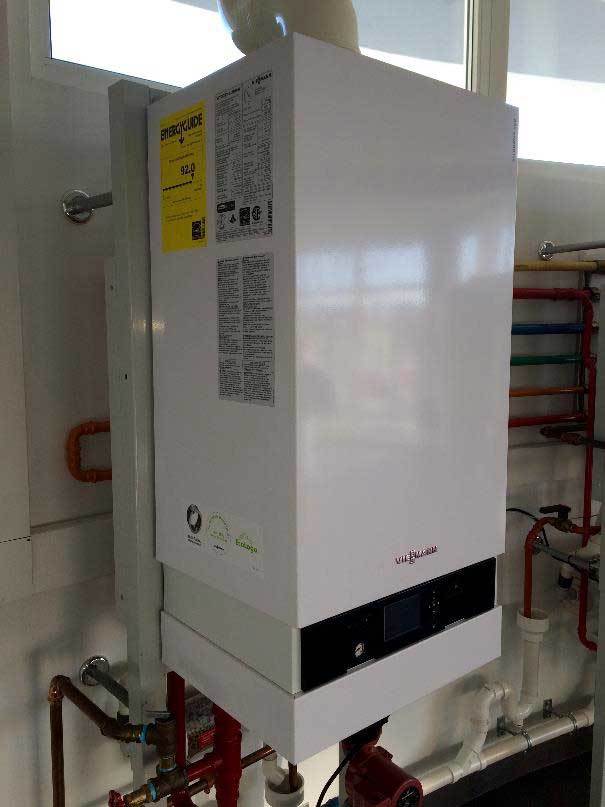
battery-powered, sealed, tamper resistant, and using a long-life battery that has a life of 10 years or more or.wired into an alternating current (AC) powerline with second backup.The device must carry the listing of a nationally recognized testing laboratory approved by the Office of the State Fire Marshal and be hard wired into an alternating current (AC) power line with secondary battery backup.įor hotels, lodging or rooming houses, or a rental dwelling unit, the carbon monoxide alarm is: When sensing an unhealthy accumulation of carbon monoxide, the device is capable of emitting a distinct and audible sound that warns the occupants. What is a carbon monoxide alarm? In Maryland, a carbon monoxide alarm is a device that is capable of detecting carbon monoxide. This requirement also applies to a dwelling that relies on a fossil fuels (e.g., wood, kerosene, gasoline, charcoal, propane, natural gas, and oil) for heat, ventilation, hot water, or clothes dryer operation and is a newly-constructed dwelling with a building permit issued on or after January 1, 2008. This includes hotels, lodging or rooming houses, and rental dwelling units. In Maryland, carbon monoxide alarms must be installed in certain dwellings. Learn more about carbon monoxide poisoning. Carbon monoxide poisoning is a serious public health concern.

Carbon monoxide is an odorless, tasteless, invisible gas.


 0 kommentar(er)
0 kommentar(er)
